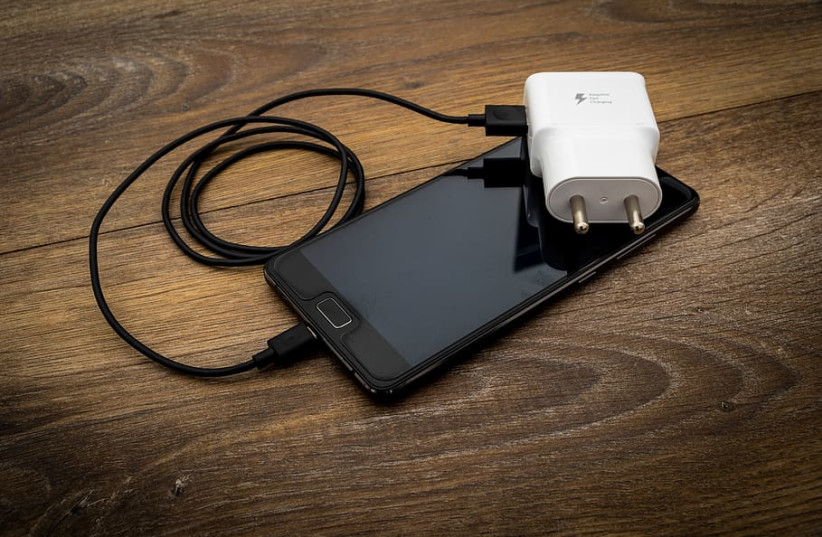Spending over 30 minutes per week speaking on the phone causes a 12% increased risk of developing high blood pressure, according to a new study published on May 4.
The peer-reviewed study, published in The European Heart Journal – Digital Health, found that making and receiving phone calls increased the risk of hypertension.
“It’s the number of minutes people spend talking on a mobile that matters for heart health, with more minutes meaning greater risk,” explained Professor Xianhui Qin, of Southern Medical University in Guangzhou, China, to science news outlet SciTechDaily. “Years of use or employing a hands-free set-up had no influence on the likelihood of developing high blood pressure. More studies are needed to confirm the findings.”
How did the researchers find the correlation between phone use and hypertension?
The researchers used secondary data collected by the UK Biobank. The data included 212,046 people that did not have hypertension who were aged between 37-73 years old.
Participants in the study were asked to self-report how long they had been using their phones, and how many hours per work they spent using a hands-free device or speakerphone.

Findings of the study
Individuals who spent less than 5 minutes per week on phone calls had an 8% risk of hypertension. However, those who spent more than 6 hours on weekly phone calls had an increased risk of 25%
“Our findings suggest that talking on a mobile may not affect the risk of developing high blood pressure as long as weekly call time is kept below half an hour. More research is required to replicate the results, but until then it seems prudent to keep mobile phone calls to a minimum to preserve heart health,” Qin said.